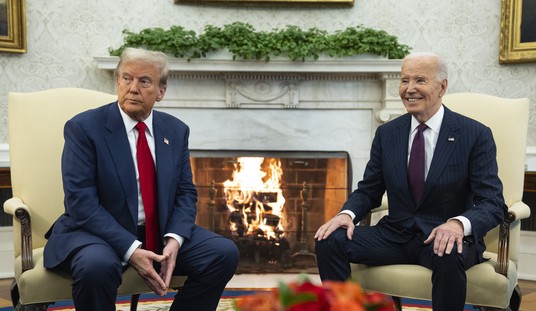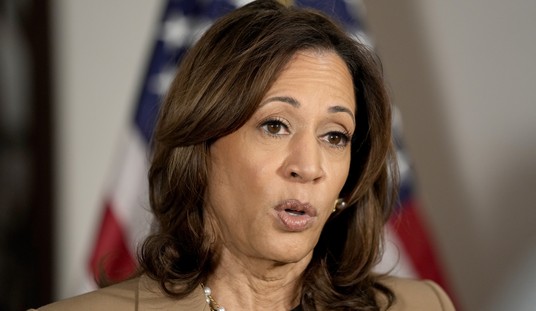We have a subject landing in our laps which has recently become increasingly controversial after generations of being nothing more than business as usual in journalism. The question at hand has to do with the use of anonymous sources who choose to speak on background rather than going on the record. This is something of a tradition in newsrooms around the country and I’ll confess to having employed such sources a few times in the past myself. But now something seems to have changed. I went on a bit of a twitter tirade on this subject over the weekend because of the “new style guide” which seems to been put in place for cable news and the nation’s major newspapers.
Much of the current episode centers around President Trump’s weekend tweets regarding possible wiretaps at Trump Tower. Plenty of headlines and cable news chyrons all seemed to include the phrase, “without evidence.” The allegations and implications contained in those reports may yet turn out to be true, but even the reporters in question still don’t know for sure. That raises the issue of who should be allowed to go around making claims without being willing to provide “evidence” of some sort, at least in the form of offering the name of the source from whom the details were obtained. Jim Geraghty of National Review writes on the subject in the Morning Jolt today and highlights some recent incidents where “anonymous sources” directly contradict each other in the mainstream media.(Emphasis added)
Last week, we noticed that “U.S. officials” could tell NBC News that the Yemen raid yielded no significant intelligence and “American officials” could tell the New York Times that computers and cellphones seized offered “insights into new types of hidden explosives the group is making and new training tactics for militants.” A difference in assessments that stark is hard to chalk that up to a mundane difference of opinion on the value of the intelligence. It’s hard to shake the feeling that some officials are leaking a false version of events and hiding behind anonymity in an effort to influence public perceptions.
So far, the story of alleged Russian collusion with Trump has relied just about entirely on anonymous sources.
That raid was a fairly sensitive subject, particularly because of the national security aspects involved. Reporters were obviously eager to talk about it, particularly if the tale could be used to make the Trump administration seem ineffectual. But as Jim notes, there were two sets of these anonymous sources, both allegedly with inside information of tremendous value, feeding diametrically opposed stories to the press. (And this is making the generous assumption that both of the sources were real, in a position to know and faithfully recorded.)
At what point do we simply stop blindly accepting reports which provide no sourcing other than these anonymous sources? I feel kind of sad saying that because in the past it really wasn’t ever an issue. Reporters were supposed to be diligent in ensuring that their sources had the goods, and in return they could offer them anonymity so they wouldn’t get into any trouble with their bosses. But the case Jim highlighted is just one more data point which makes us question these age-old assumptions. Somebody was feeding the reporters a bunch of baloney and the news consuming public still really has no idea which is which.
Perhaps, as I suggested on social media, it’s time for a new set of standards in the blogging world as well. When referencing and quoting a report from the major newspapers or cable news outlets, if it’s a story based on nothing but anonymous sources perhaps we should introduce it with the phrase, “without evidence.”









Join the conversation as a VIP Member